Essayer OR - Gratuit
Sharon Vanadia
PhotoPlus : The Canon Magazine
|November 2022
Italian wildlife photographer and doctor of environmental biology, Sharon Vanadia shares her story and Canon camera setup she uses for her incredible animal portraits
-
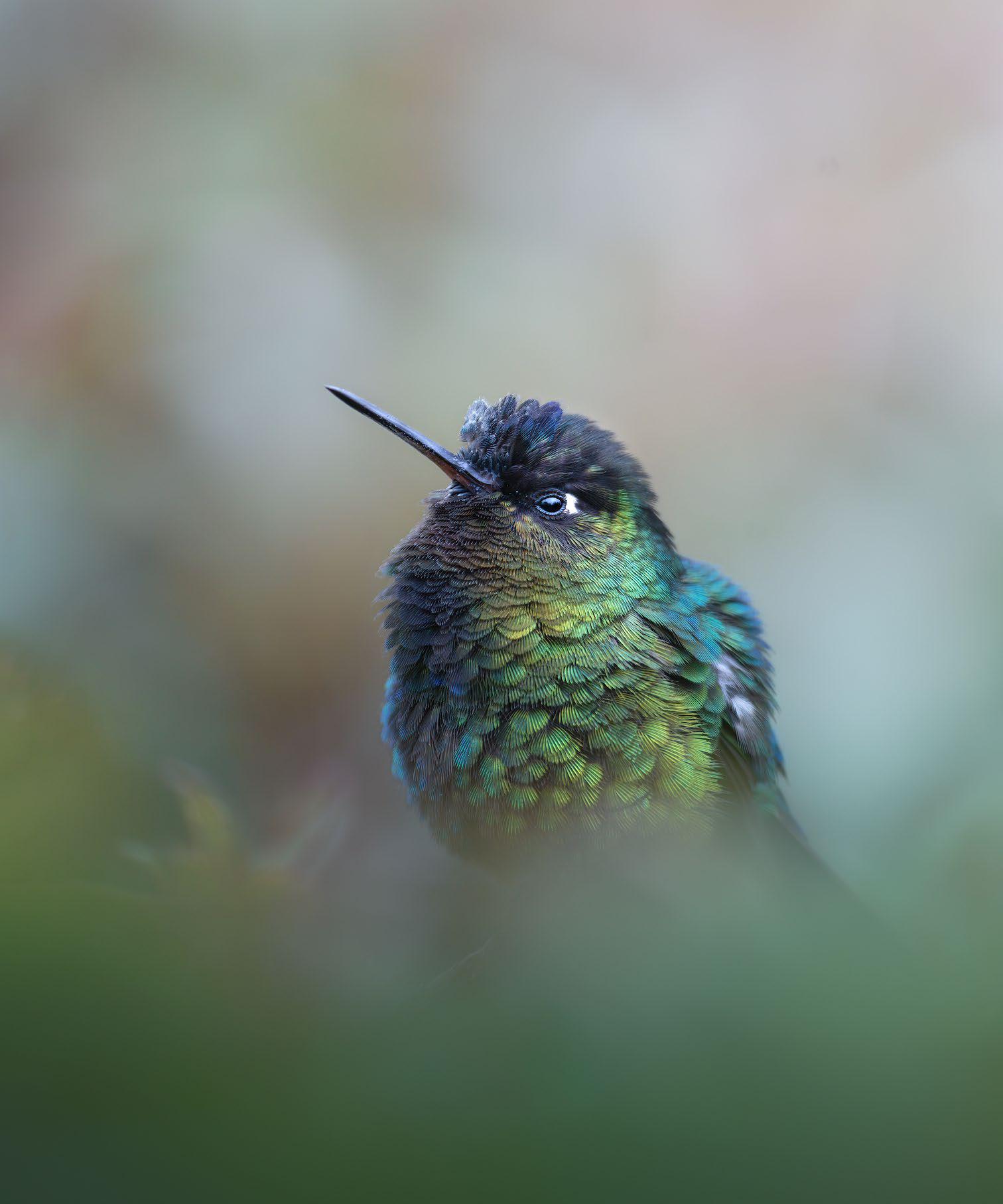
I caught the photography bug when I was about 14 years old, although it's only recently that I've been able to turn my two greatest passions in life - photography, and conservation - into a full-time job.
I'm from Rome, which is where I graduated in biology, specializing in biodiversity and the management of ecosystems in 2021. Behind all of my photos, there are often many years of hard work and research to get me to the point where I can take the final image you see.
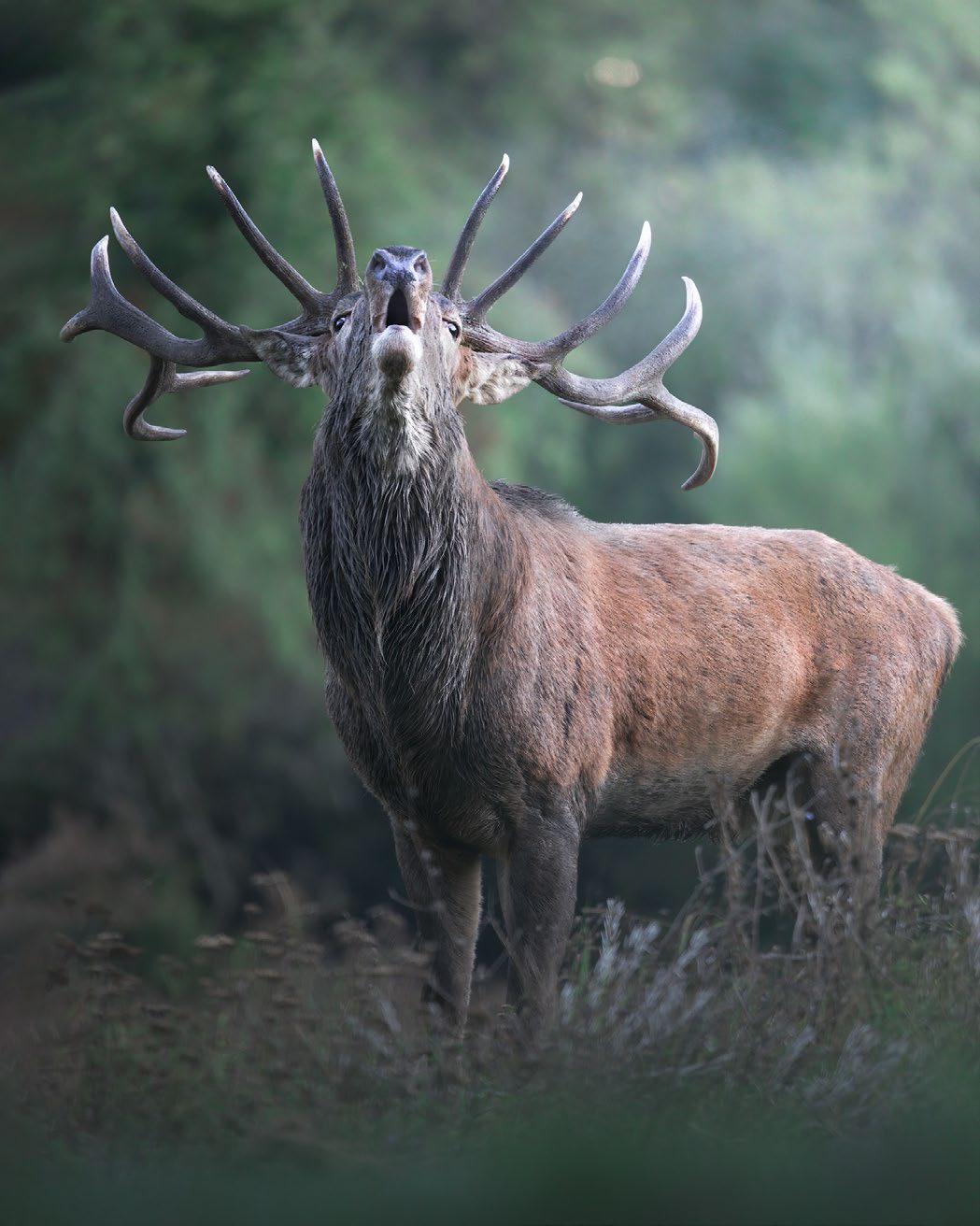
Mother Nature is unpredictable and it's often the case that I venture out on a photo session for many, many hours only to return empty-handed. However, I'm determined and I love the challenges that wildlife photography brings - it's what spurs me on to keep trying until I catch what I'm looking for. When you're taking pictures of wild animals, you never get bored as something unpredictable will happen when you least expect it.
I like to keep my editing very light because I want the images to remain as realistic and accurate as possible. When I edit the Raw files, I mainly focus on emphasizing lights, shadows, contrasts, and colours already present naturally without changing the conditions in which I took the photograph.
Through my photos, I hope to show the beauty that our planet offers us, so as to be able to sensitize people about the respect that each of us must have for nature and animals.
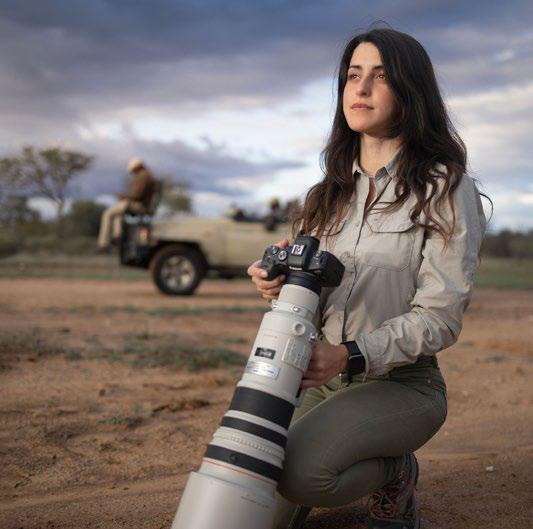
WHAT DO I DO?
Sharon Vanadia Instagram: @sharon.vanadia
Cette histoire est tirée de l'édition November 2022 de PhotoPlus : The Canon Magazine.
Abonnez-vous à Magzter GOLD pour accéder à des milliers d'histoires premium sélectionnées et à plus de 9 000 magazines et journaux.
Déjà abonné ? Se connecter
PLUS D'HISTOIRES DE PhotoPlus : The Canon Magazine
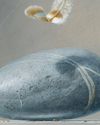
PhotoPlus : The Canon Magazine
The Art of Copying Art - James Paterson shows you how to use your Canon gear to capture artwork and paintings the right way with simple camera and lighting skills
Whether you want to capture a painting like the above, digitise old prints or reproduce any kind of canvas, there's real skill in capturing artwork with your camera. Not only do you need the colours to be accurate, you also need to master the spread, angle and quality of the light to minimise glare and show the work at its best.This painting by the artist Bryan Hanlon has a wonderfully subtle colour palette. To reproduce the painting in print and digital form, it needs to be captured in the right way.
1 mins
October 2024
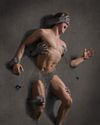
PhotoPlus : The Canon Magazine
Fright night
Canon photographer and digital artist Alexander loves to craft incredible fantasy scenes with a spooky horror twist
1 mins
November 2024
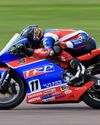
PhotoPlus : The Canon Magazine
Sharpen your shots with DPP
Sharpening a digital image also increases contrast at the edge of details
2 mins
November 2024

PhotoPlus : The Canon Magazine
CANON ImagePrograf PRO-1100
Deeper blacks, better bronzing, greater lifespan and 5G Wi-Fi -Canon's new printer is full of new tech, says
3 mins
November 2024
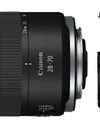
PhotoPlus : The Canon Magazine
Canon's new 'kit lens' is actually a half-price f/2.8 trinity lens!
The Canon RF 28-70mm F2.8 IS STM lacks a red ring, but borrows premium features from its L-series siblings
2 mins
November 2024
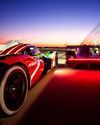
PhotoPlus : The Canon Magazine
DREW GIBSON
Pro motorsports photographer Drew on why he hasn't (yet) switched to Canon's mirrorless system, why old-school techniques can be the most reliable, and the lessons learned from more than a decade shooting the world's biggest car brands
11 mins
November 2024
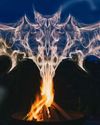
PhotoPlus : The Canon Magazine
Up in smoke
Make a smoky shape in Affinity Photo and get to grips with the amazing Liquify Persona under the guidance of James Paterson
3 mins
November 2024
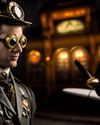
PhotoPlus : The Canon Magazine
Expand your creativity with Generative Fill
Photoshop's Al-powered feature brings revolutionary new tools to image editing. James Paterson reveals all...
2 mins
November 2024
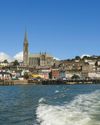
PhotoPlus : The Canon Magazine
Turn your images into vintage postcards
Wish you were here? Sean McCormack explains how you can give your summer photographs a vintage postcard look
2 mins
November 2024
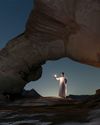
PhotoPlus : The Canon Magazine
The Angel Malibu
Light painting an American movie producer in the Wadi Rum Desert in Jordan was a highly unlikely evening out for David!
3 mins
November 2024
Translate
Change font size
